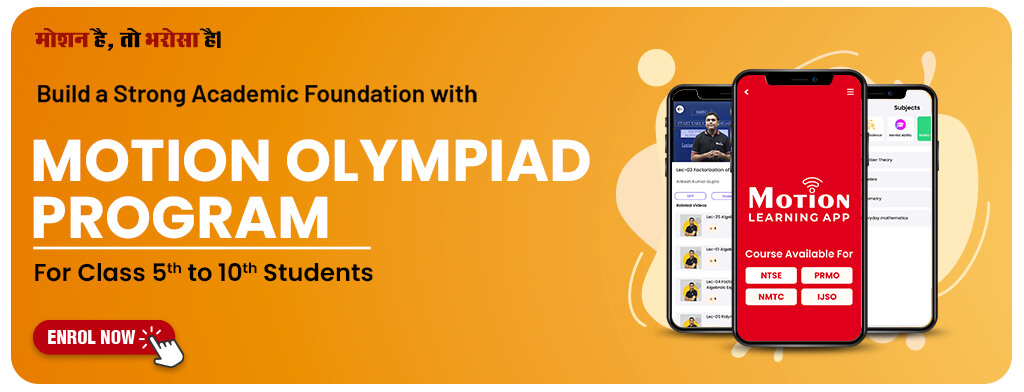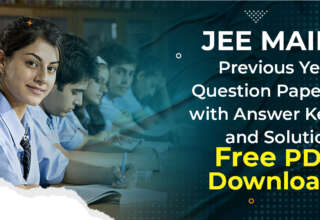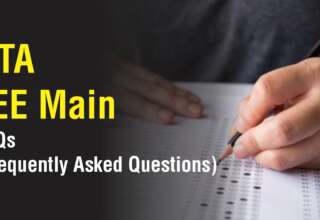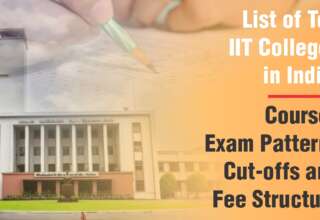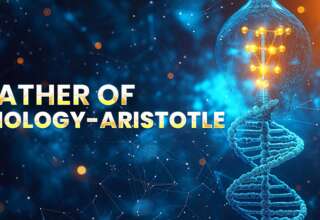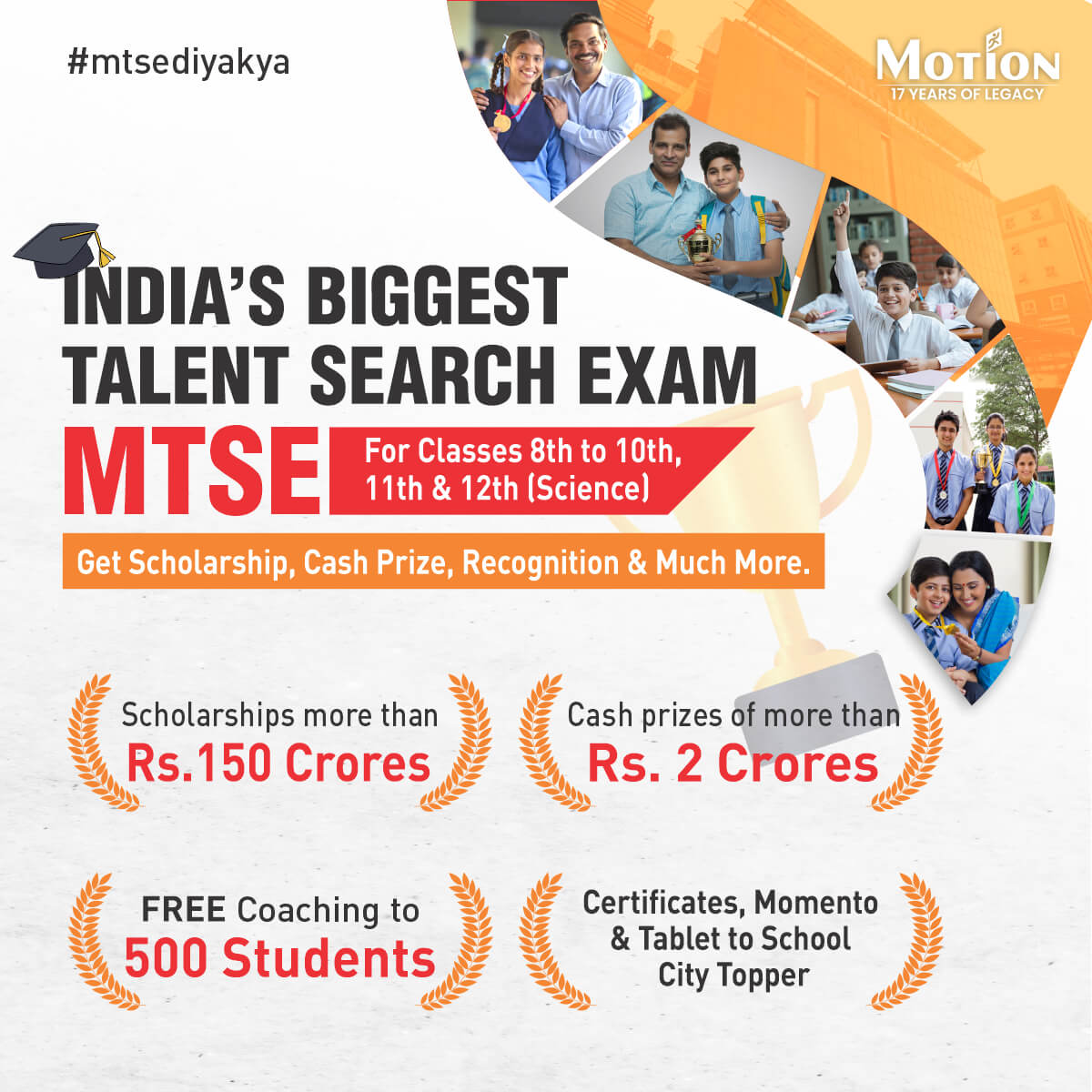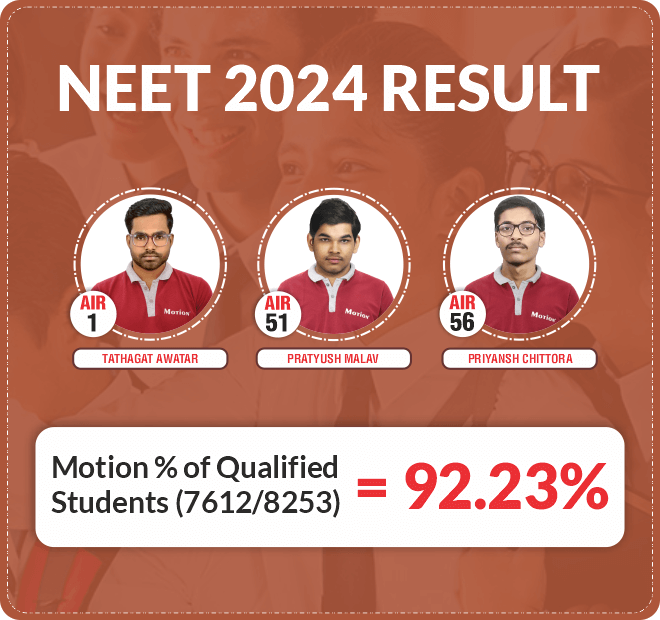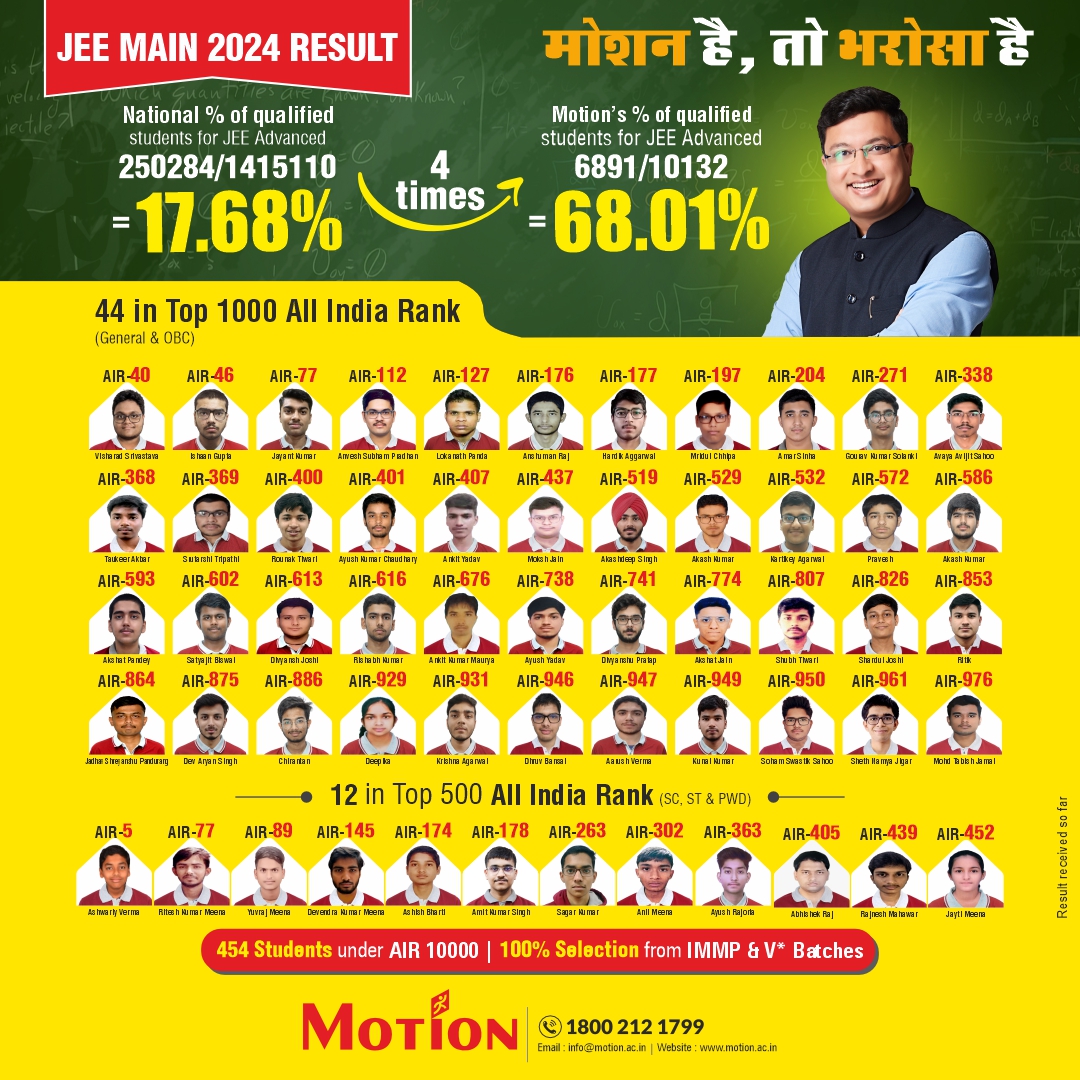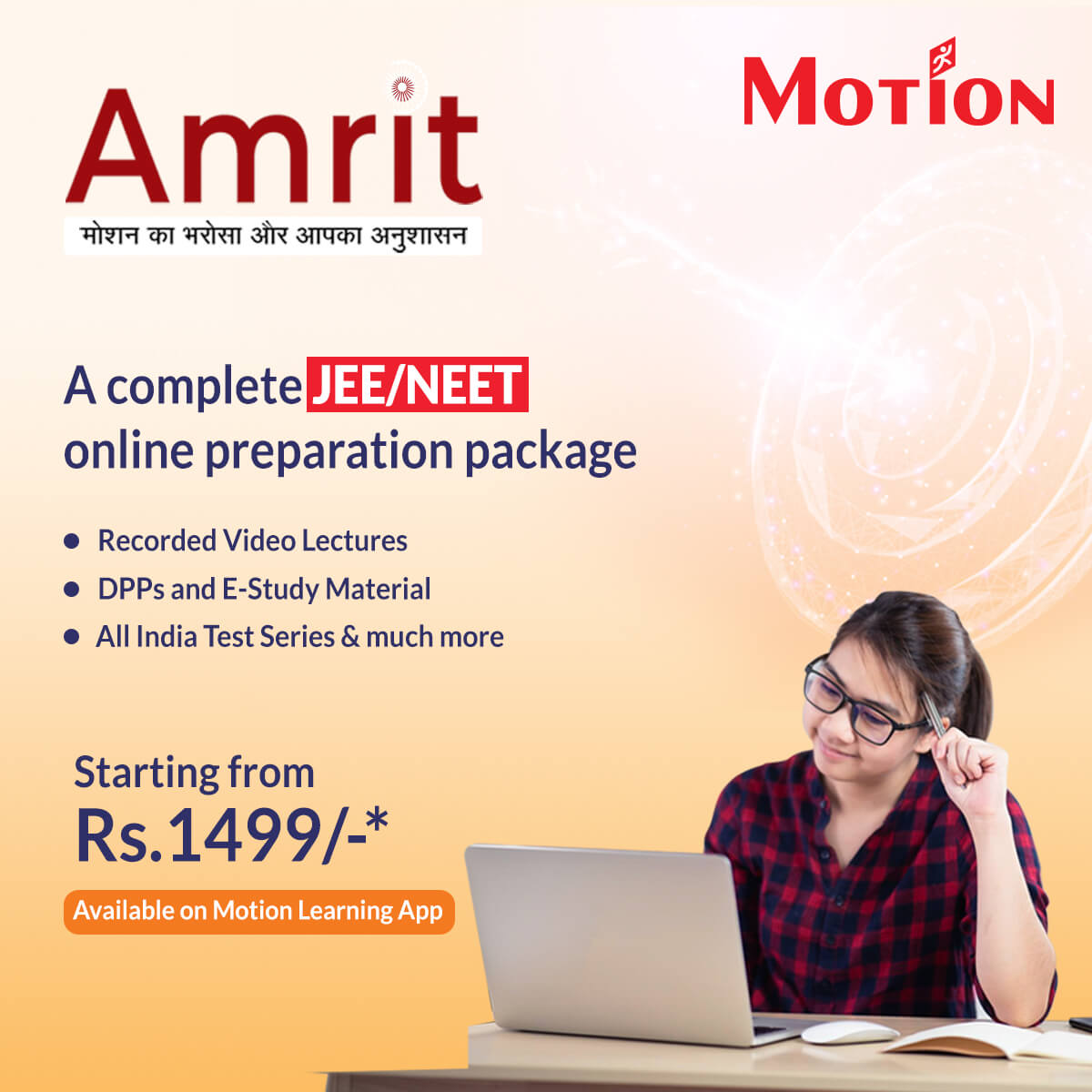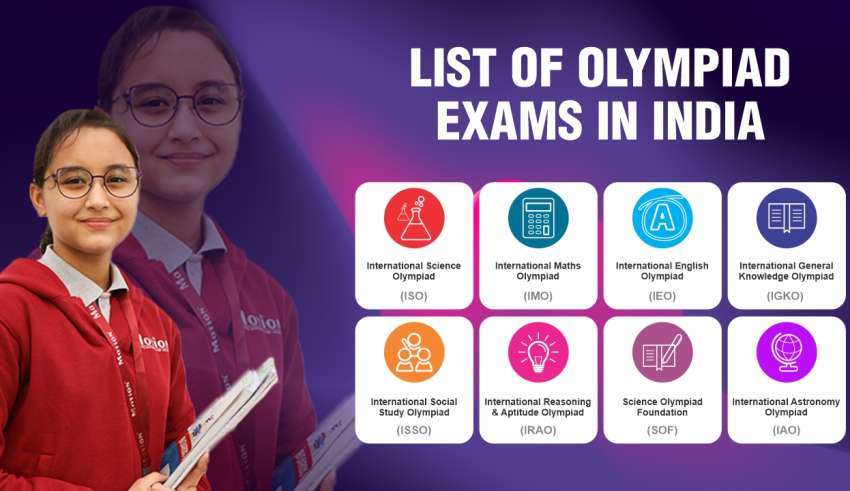
Olympiad Exams
Olympiads are organized at both national and international levels, providing students in similar academic disciplines or levels with an opportunity to compete. These highly challenging exams are renowned for their difficulty and are considered among the toughest to pass. Participating in these prestigious competitions not only fosters a competitive mindset but also enables students to gauge their knowledge and awareness of a particular subject in comparison to their peers.
Typically, the results of the SOF Olympiad for the 2024-2025 academic year are published within 6-8 weeks after the examination. Students can access the SOF results for 2024-2025 on the official websites sofworld.org and results.sofworld.org.
Olympic Games by Discipline:
Engaging in the Olympiad Exams can contribute to enhancing students’ academic performance and enable them to assess their knowledge and exam preparedness in relation to their peers nationwide. Our focus is to ensure that every participant is motivated to excel in their respective fields and academic pursuits. In this article, we will delve further into the details and significance of the Olympiad exams.
IMO – International Maths Olympiad
The International Mathematics Olympiad (IMO), organized by the Science Olympiad Foundation (SOF), is a prestigious mathematics competition. The SOF IMO serves as an evaluation of students’ mathematical comprehension and aptitude. By participating in the IMO, students have the opportunity to assess their own mathematical proficiency and compare it with their peers at school, local, zonal, and international levels. This challenging competition not only facilitates self-assessment for students but also provides various rewards and scholarships to those who achieve high scores in the International Maths Olympiad.
IEO – International English Olympiad
The International English Olympiad is a global competition designed for students who have successfully cleared an international English language examination. This contest offers a series of local, national, and international competitions throughout the year, presenting challenges to the participants. Students will be tasked with creating captivating presentations or demonstrations related to linguistic themes, such as grammar and pronunciation, in the IEO.
NSO – National Science Olympiad
The National Science Olympiad (NSO) is a science competition open to students ranging from grades 1 to 12. The objective of organizing the NSO by the Science Olympiad Foundation (SOF) is to recognize and support the development of potential scientists, technologists, and individuals with a talent for information technology in secondary schools.
IGKO – International General Knowledge Olympiad
Annually conducted by the Science Olympiad Foundation (SOF), the International General Knowledge Olympiad (IGKO) evaluates students’ comprehensive general knowledge and awareness of current events. Although the SOF IGKO is a single-level examination, the results are announced at four distinct levels: school, city, zonal, and global. Students have the opportunity to earn significant incentives based on their achievements across these different levels.
NCO – National Cyber Olympiad
The National Cyber Olympiad is an annual cyber competition held in India, welcoming participants of all age groups. It provides a platform for students from various disciplines to enhance their skills and expand their knowledge in the field of cybersecurity, thereby enriching their education. The event is organized by the Department of Computer Science at the Indian Institute of Technology Kanpur and has been successfully conducted on three occasions: in 2009, 2011, and 2016.
Every year, on the 12th of December, the competition takes place, known as the National Cyber Games Day. It is open to all students in India, irrespective of their category or gender, based on merit. The NCO is intended to be held across all states and union territories as per its guidelines.
ICO – International Commerce Olympiad
The International Commerce Olympiad (ICO) is a single-level examination sponsored collaboratively by the Science Olympiad Foundation (SOF) and the Institute of Company Secretaries of India. The ICO was introduced by SOF in 2016 and specifically targets students in the higher grades, specifically grades 11 and 12. The administration of the ICO tests is conducted by SOF within the participating schools where the students are enrolled.
PRMO – Pre-Regional Mathematical Olympiad
The Indian Mathematical Olympiad commences with the Pre-RMO, which stands for Pre-Regional Mathematical Olympiad. This preliminary round serves as a selection process to determine the participants who will advance to the Regional Mathematical Olympiad (RMO). The Homi Bhabha Centre for Science Education (HBCSE) has been appointed by the National Board for Higher Mathematics (NBHM) as the exam coordinator. The Mathematics Teachers’ Association (MTA) will organize and supervise the PRMO examination. NBHM oversees the mathematics olympiad related activities. You can explore the following articles for further information.
RMO – Regional Mathematical Olympiad
Following the first stage, the International Mathematical Olympiad proceeds to the Regional Mathematical Olympiad (RMO). The RMO is administered by regional coordinators under the supervision of the Homi Bhabha Centre For Science Education (HBCSE) located in Mumbai. The response documents from the RMO are carefully evaluated by the regional coordinators appointed by HBCSE, and the results are subsequently forwarded to the HBCSE. For more information, please refer to the following articles.
INMO – Indian National Mathematical Olympiad
The Indian National Mathematical Olympiad (INMO) is a renowned mathematics competition conducted in India. It represents the third stage of the selection process for the Indian team participating in the International Mathematical Olympiad (IMO) organized by HBCSE. The INMO is an annual competition specifically designed for high school students. It serves as the second phase of the selection process to identify the top mathematical talents for the Indian team. Each year, the Homi Bhabha Centre for Science Education (HBCSE) administers the INMO examination.
IOAA – International Olympiad on Astronomy and Astrophysics
The primary objective of the International Olympiad on Astronomy and Astrophysics (IOAA) is to foster greater enthusiasm for astronomy and related fields, especially among young individuals. It also aims to enhance global collaboration in advancing the study of astronomy and astrophysics in educational institutions. Through initiatives such as the IOAA, it is anticipated that a larger pool of exceptional high school students will develop an interest in pursuing higher education in astronomy, becoming the next generation of astronomers.
IAO – International Astronomy Olympiad
The International Astronomy Olympiad (IAO) is a scientific and educational event designed as an intellectual competition for students in the age group of 14 to 18, specifically those enrolled in junior high school classes. The main objective is to encourage and nurture creativity, resourcefulness, and independent thinking among participants. The IAO examination is conducted with an emphasis on promoting peace, tolerance, and a spirit of collaboration. While the competition provides a platform for participants to showcase their abilities, it also prioritizes interactions, idea exchange, and cooperation among students, instructors, and scientists from diverse countries.
IBO – International Biology Olympiad
The International Biology Olympiad (IBO) is a highly esteemed global biology competition organized annually in July, specifically for secondary school students. Each country that participates selects and sends four champions from their National Biology Olympiad to participate in the IBO test. Accompanying the students are two leaders who serve as members of the International jury throughout the duration of the competition. The IBO showcases the exceptional talents of young biologists from around the world.
INChO – Indian National Chemistry Olympiad
The Indian Chemistry Olympiad (InChO) is a yearly competition designed for high school students to showcase their expertise in the subject of Chemistry. This annual event is organized by the Homi Bhabha Centre in partnership with the Indian Association of Chemistry Teachers. InChO offers an opportunity for students to demonstrate their skills and knowledge in their favorite subject, fostering a passion for Chemistry among the participants.
INAO – Indian National Astronomy Olympiad
The Indian National Astronomy Olympiad (INAO), organized by HBCSE, commences with a nationwide test conducted in more than 1400 schools across India. The journey continues with international Olympiads taking place in different cities worldwide. At the national level, the INAO examination evaluates students’ conceptual knowledge, logical reasoning, laboratory proficiency, and, notably, their ability to apply problem-solving skills to novel situations, encompassing both theoretical and experimental aspects.
InPho – Indian Association Of Physics Teachers
The Indian National Physics Olympiad (INPhO), organized by the Indian Association of Physics Teachers (IAPT), is an annual event conducted in June and July. It caters to secondary school students aspiring to expand their knowledge of Physics at an international level. The INPhO provides an opportunity for students to enhance their understanding of the subject and engage in the global arena of Physics.
INBO – Indian National Biology Olympiad
The Indian National Biology Olympiad (INBO) is a national-level competition specifically designed for students in classes 11 and 12. It serves as the second stage of the Biology Olympiad Program conducted by the Homi Bhabha Centre For Science Education (HBCSE). The INBO examination takes place at more than 15 locations across India and attracts a considerable number of students each year.
NSTSE – National Level Science Talent Search Examination
The Unified Council conducts the National Level Science Talent Search Examination (NSTSE), a skill test aimed at identifying and nurturing the brightest minds in the field of science. As a curriculum-based examination, NSTSE evaluates a student’s strengths and weaknesses in various concepts. The objective of NSTSE is to provide a comprehensive assessment of a student’s scientific aptitude. For further information, please refer to the following articles.
NSEB – National Standard Examination in Biology
The National Standard Examination in Biology (NSEB) is a component of the broader National Standard Examination (NSE) that facilitates national scientific Olympiads. These Olympiads aim to promote talented students and offer them an opportunity to compete at international levels. The NSEB is open to students who have not yet completed Class 12. The examination is conducted in a paper-based format. To learn more about this topic, please refer to the following articles.
NSEJS – National Standard Examination In Junior Scientific
The National Standard Examination in Junior Sciences (NSEJS) is a science Olympiad designed for young participants. It was first conducted in 1987. The NSEJS is recognized as one of the most challenging national scientific examinations administered by the Indian Association of Physics Teachers (IAPT). The exam encompasses subjects such as Physics, Mathematics, Chemistry, and Biology.
NSEC – National Standard Examination in Chemistry
The National Standard Examination in Chemistry (NSEC) is a collaborative effort between the Homi Bhabha Centre for Science Education and the Indian Association of Physics Teachers. This annual examination takes place in November, with multiple designated centers for conducting the test. The NSEC aims to promote the significance of chemistry as a subject and foster interest in it among students. The achievements of participants are recognized based on their performance in the examination, showcasing their accomplishments in the field of chemistry.
NSEP – National Standard Examination in Physics
The NSEP (National Standard Examination in Physics) has been conducted in India since 1987. This voluntary test, administered by the Indian Association of Physics Teachers (IAPT), plays a crucial role in the selection process for participants representing India in the International Olympiad of Science. The NSEP is conducted at the regional level, involving the participation of states and union territories (UTs) across the country.
IOM – International Olympiad of Mathematics
The Silverzone International Olympiad of Mathematics (IOM) is a biennial competition that provides a platform for students to showcase their mathematical skills. The National and International Math Olympiad assessments assess students’ analytical reasoning abilities in various mathematical concepts taught at the school level. Each year, students from grades 1 to 12 participate in the IOM, aiming to uncover and demonstrate their potential in the field of mathematics.
IOQJS – Indian Olympiad Qualifier in Junior Science
IOQJS stands for the Indian Olympiad Qualifier in Junior Science, which serves as the initial stage of the International Science Olympiad. This qualifier involves a three-hour examination comprising two papers, usually held in January. The IOQJS combines the Indian National Olympiad (INO) and the National Standard Examination (NSE), blending the two competitive examinations into a single event. The IOQJS is conducted by the Indian Association of Physics Teachers (IAPT) and the Homi Bhabha Centre for Science Education (HBCSE).
IOQM – Indian Olympiad Qualifier in Mathematics
The IOQM (Indian Olympiad Qualifier in Mathematics) is a three-hour examination that will be organized jointly by the Mathematics Teachers Association of India (MTAI), the Indian Association of Physics Teachers (IAPT), and the Homi Bhabha Centre for Science Education (HBCSE) – Tata Institute of Fundamental Research (TIFR). The IOQM follows a single examination format based on the PRMO (Pre-Regional Mathematical Olympiad) pattern.
Read More: How to Prepare for the Indian Olympiad Qualifier in Mathematics (IOQM)?
Annual Olympiad Exam Round 1 Dates (Individual Student Registration 2024-25)
Round 1: The annual Olympiad Exam is conducted in 2 slots for Round 1. Students can select the slot of their choice. Once the slot is selected, it cannot be changed.
| OLYMPIAD EXAM SUBJECTS | CLASS | SLOT 1 OF | SLOT 2 OF | TAKE EXAM FROM |
| ROUND 1 | ROUND 1 | |||
| ICO – International Computer Olympiad | Class 1 to 10 | 02 December 2024 | 06 January 2025 | ITO Mobile App |
| NSSO – National Social Studies Olympiad | Class 1 to 10 | 03 December 2024 | 07 January 2025 | ITO Mobile App |
| GKIO – General Knowledge International Olympiad | Class 1 to 10 | 04 December 2024 | 08 January 2025 | ITO Mobile App |
| EIO – English International Olympiad | Class 1 to 10 | 05 December 2024 | 09 January 2025 | ITO Mobile App |
| ISO – International Science Olympiad | Class 1 to 10 | 06 December 2024 | 10 January 2025 | ITO Mobile App |
| IMO – International Maths Olympiad | Class 1 to 10 | 07 December 2024 | 11 January 2025 | ITO Mobile App |
| NESO – National Essay Olympiad | Class 1 to 10 | 09 December 2024 | 13 January 2025 | ITO Website |
| IDO – International Drawing Olympiad | Class 1 to 10 | 10 December 2024 | 14 January 2025 | ITO Website |
*Note: These are the tentative dates for the online exam. The final exam schedule will be updated 20 days prior to the actual exam dates.
Annual Olympiad Exam Schedule (School Registration 2024-25)
Round 1: Offline Annual Olympiad Exams are conducted in respective schools. Students registered through the schools need to appear for the exams according to the schedule mentioned below.
| OLYMPIAD EXAM SUBJECTS | CLASS | DATE | DAY |
| ISO – International Science Olympiad | Class 1 to 10 | 25 November 2024 | Monday |
| IMO – International Maths Olympiad | Class 1 to 10 | 26 November 2024 | Tuesday |
| EIO – English International Olympiad | Class 1 to 10 | 27 November 2024 | Wednesday |
| GKIO – General Knowledge International Olympiad | Class 1 to 10 | 28 November 2024 | Thursday |
| ICO – International Computer Olympiad | Class 1 to 10 | 29 November 2024 | Friday |
| NESO – National Essay Olympiad | Class 1 to 10 | 29 November 2024 | Friday |
| IDO – International Drawing Olympiad | Class 1 to 10 | 30 November 2024 | Saturday |
| NSSO – National Social Studies Olympiad | Class 1 to 10 | 30 November 2024 | Saturday |
Other Olympiad Exams
Conducting Body: Indian Talent Olympiad
The Indian Talent Organisation is a non-profit organization dedicated to enhancing students’ academic performance by strengthening their conceptual understanding in various subjects. The organization conducts individual exams in mathematics, science, computer science, general knowledge, English, social studies, arts, and writing skills. These exams are administered under the banner of the Indian Talent Olympiad.
- International Science Olympiad(ISO)
- International Computer Olympiad(ICO)
- International Drawing Olympiad(IDO)
- National Essay Olympiad(NESO)
- National Social Studies(NSSO)
- International Spell E(ISEO)
Conducting Body: UNICUS
- Unicus Mathematics Olympiad (UMO)
- Unicus Science Olympiad (USO)
- Unicus English Olympiad (UEO)
- Unicus General Knowledge Olympiad (UGKO)
Conducting Body: International Assessments for Indian Schools (IAIS)
- IAIS Maths Olympiad
- IAIS English Olympiad
- IAIS Science Olympiad
- IAIS Digital Technologies
Conducting Body: Silverzone Foundation
The SilverZone Olympiad is organized by a registered non-governmental organization in collaboration with the Delhi Government. This foundation conducts a range of Olympiads aimed at enhancing students’ knowledge and skills in science, mathematics, computer science, general knowledge, and the English language. The SilverZone Olympiad features both national and international competitions, providing students with opportunities to showcase their abilities at various levels.
- International Informatics Olympiad[iiO]
- International Olympiad of Science [IOS]
- International Olympiad of English Language [IOEL]
- Akhil Bhartiya Hindi Olympiad [ABHO]
- Smart Kid GK Olympiad [SKGKO]
- International Social Studies Olympiad [ISSO]
- International Reasoning and Aptitude Olympiad [IRAO]
Conducting Body: Humming Bird Olympiad Exams
Humming Bird Education, recognized as one of India’s top educational organizations, boasts a distinguished board of directors and a team of esteemed advisors comprising renowned academics and educators from across the globe. With a vision to transform school-level education, the foundation aims to promote student competition through the Humming Bird Olympiad exams.
- Humming Bird Talent Search Examination [HBTSE]
- Humming Bird Commerce Competency Olympiad [HCC]
- Humming Bird Cyber Olympiad [HCO]
- Humming Bird English Olympiad [HEO]
- Humming Bird General Knowledge Olympiad [HGO]
- Humming Bird Hindi Olympiad [HHO]
- Humming Bird Spelling Competition [Spell Bee]
- Humming Bird Multiple Intelligence Test [HMIT]
- Humming Bird Mathematics Olympiad [HMO]
- Humming Bird Science Olympiad [HSO]
- Humming Bird Aptitude & Reasoning Olympiad [ARO]
- Humming Bird SIBIL
Conducting Body: EduHeal Foundation
The EduHeal Foundation (EHF), a non-profit organization, benefits from the support of renowned experts across diverse fields, including business executives, public figures, and educators. Through its Olympiad, the EduHeal Foundation aims to nurture and recognize the talents of young students from various disciplines.
- National Interactive Maths Olympiad [NIMO]
- National Biotechnology Olympiad [NBTO]
- National Space Science Olympiad [NSSO]
- National Interactive Science Olympiad [NISO]
Conducting Body: ASSET
- ASSET English Olympiad
- ASSET Maths Olympiad
- ASSET Science Olympiad
Conducting Body: CREST
The CREST Olympiad exam places a strong emphasis on enhancing students’ conceptual understanding rather than solely focusing on theoretical knowledge. This online global competition exam, known as the CREST Olympiad, is organized by the Centre for Research and Exams in Science and Technology.
- CREST Mathematics Olympiad (CMO)
- CREST English Olympiad (CEO)
- CREST Science Olympiad (CSO)
- CREST Reasoning Olympiad (CRO)
- CREST Cyber Olympiad (CCO)
- CREST International Spell Bee (CSB)
- CREST International Spell Bee (CSBW)
Conducting Body: Board of Secondary Education, Ajmer (Rajasthan)
The State Talent Search Examination (STSE) is a scholarship test conducted by the Board of Secondary Education, Ajmer. It provides an opportunity for candidates aspiring to pursue higher education at the graduate or postgraduate level. The STSE exam is held annually for students in classes 10 to 12, studying in recognized boards such as State Government schools, KV, and NVS. Scholarships are awarded up to the maximum postgraduate level.
- State Talent Search Examination
Importance of Olympiad Exams
Participating in Olympiad tests offers several significant advantages, highlighting the following key points:
- Olympiad tests emphasize the importance of a comprehensive understanding of concepts, helping students recognize the value of in-depth knowledge.
- With a primary focus on analytical and logical reasoning, the Olympiad exams provide an ideal platform for students to enhance their skills in these areas.
- Olympiad tests offer a detailed assessment of individual strengths and weaknesses, enabling students to identify their areas of expertise while also identifying areas for improvement.
In summary, competing in Olympiad tests not only promotes a thorough understanding of concepts but also facilitates the development of analytical and logical reasoning skills, leading to a comprehensive assessment of students’ abilities and providing opportunities for growth.
How to prepare for the Olympiad exams?
Here is how to effectively prepare for Olympiad exams, empowering aspiring participants to maximize their potential and achieve remarkable success.
Understand the Exam Structure:
Begin your preparation journey by thoroughly understanding the structure and format of the Olympiad exam you will be appearing for. Familiarize yourself with the types of questions, marking schemes, and time (race against time phrase meaning) constraints. This knowledge will enable you to tailor your study plan accordingly and allocate sufficient time to each section.
Embrace Syllabus Mastery:
Comprehensive knowledge of the syllabus is the cornerstone of Olympiad exam preparation. Obtain the official syllabus and meticulously analyze the topics and subtopics outlined. Ensure that you have a clear understanding of the fundamental concepts and theories associated with each area. Make a detailed study plan, breaking down the syllabus into manageable sections, and allotting adequate time to cover them thoroughly.
Curate Reliable Study Resources:
Choosing the right study materials is pivotal in Olympiad exam preparation. Select renowned textbooks, reference books, and online resources that align with the syllabus. Look for materials that provide in-depth explanations, examples, and practice questions to enhance your understanding and application of concepts. Supplement your learning with previous years’ question papers to familiarize yourself with the exam pattern and identify recurring topics.
Develop a Structured Study Schedule:
Devise a well-structured study schedule that accommodates your regular academic commitments. Allocate dedicated time slots for each topic and ensure a balanced distribution of study hours across different subjects. Maintain consistency in your study routine to foster a disciplined approach and avoid last-minute cramming. Adhere to your schedule strictly, as it will instill discipline and boost your productivity.
Conceptual Clarity and Application:
A solid grasp of fundamental concepts is essential for success in Olympiad exams. Focus on building a robust conceptual foundation in each subject. Understand the underlying principles, theories, and their practical applications. Seek clarification from teachers, mentors, or online forums whenever you encounter difficulties. Regularly practice solving problems that require the application of concepts to strengthen your analytical and critical-thinking abilities.
Practice, Practice, Practice:
Dedicate significant time to practice questions and sample papers. Engage in rigorous problem-solving sessions to develop your speed, accuracy, and problem-solving skills. Gradually increase the complexity of the questions to challenge yourself and simulate the exam environment. Analyze your performance, identify areas of improvement, and revise the concepts accordingly. Remember, practice breeds confidence and familiarity with the exam format.
Seek Expert Guidance:
Harness the expertise of experienced teachers, mentors, or subject specialists who can provide valuable insights and guidance. Engage in discussions, clarify doubts, and seek their recommendations for additional study resources. Leverage their expertise to understand intricate concepts, solve challenging problems, and gain an edge over your competitors.
Simulated Mock Tests:
Participate in simulated mock tests that mirror the actual Olympiad exam conditions. Time yourself to develop effective time management strategies. Analyze your performance in these mock tests, identify weak areas, and focus on enhancing your understanding and speed in those specific topics. Regularly taking mock tests will enhance your exam temperament and boost your confidence.
Foster a Multidimensional Approach:
To excel in Olympiad exams, adopt a multidimensional approach to learning. Stay updated with current developments and advancements in your chosen field. Read scientific journals, research papers, and relevant publications to expand your knowledge beyond the prescribed syllabus. Cultivate a curiosity-driven mindset and explore interdisciplinary connections to gain a holistic understanding of the subject.
Stay Motivated and Maintain Balance:
Olympiad exam preparation demands sustained motivation and a balanced approach. Set realistic goals and track your progress to stay motivated. Celebrate your achievements along the way to maintain a positive mindset. Remember to strike a balance between your academic commitments, hobbies, and leisure activities. Maintaining a healthy routine will prevent burnout and enable you to perform at your best.
Conclusion:
Preparing for Olympiad exams is a transformative journey that instills discipline, critical thinking, and a thirst for knowledge. By following these professional guidelines, aspiring participants can unlock their true potential and achieve remarkable success. Embrace the challenge, nurture your skills, and seize the opportunity to make a lasting impact in the realm of Olympiad exams.
Frequently Asked Questions: Olympiad Exams Conducted in India
Q1: What are Olympiad exams?
Ans: Olympiad exams are competitive exams organized at both national and international levels. They provide students in similar academic disciplines or levels with an opportunity to compete and showcase their knowledge and skills in subjects like Mathematics, English, Science, General Knowledge, and more.
Q2: Who can participate in Olympiad exams?
Ans: Olympiad exams are open to students of various age groups and academic levels, ranging from primary grades to high school. There are specific Olympiads designed for different subjects and grade levels.
Q3. How can I participate in the Olympiad exams?
Ans. To participate in the Olympiad exams, students from SOF-registered schools can register and apply for the appropriate category they are eligible for. If your school is not registered with SOF, you can request a prospectus and application form through email or phone. Additionally, each student is required to pay an application fee to be eligible for the Olympiad test.
To participate in Olympiad exams, you usually need to register through your school. The exams are conducted in schools, and interested students can register and prepare for the exams under the guidance of their teachers.
Q4: What is the purpose of Olympiad exams?
Ans: Olympiad exams serve multiple purposes. They foster a competitive mindset among students and allow them to gauge their knowledge and awareness of a particular subject in comparison to their peers. Olympiads also provide opportunities for students to excel in their respective fields and can contribute to enhancing their academic performance.
Q5. What is the purpose of the Science Olympiad examination?
Ans. The Science Olympiad examination serves various purposes and offers numerous benefits. It has been observed that students show great interest in these assessments. Science Olympiads help students comprehend the subject matter and related concepts more effectively.
Q6: Are Olympiad exams difficult?
Ans: Yes, Olympiad exams are known for their difficulty and are considered among the toughest to pass. They are designed to challenge students and evaluate their in-depth understanding of the subjects. However, with proper preparation and practice, students can improve their chances of performing well in these exams.
Q7: How are Olympiad exams conducted?
Ans: Olympiad exams are typically conducted in a written format, with multiple-choice questions, subjective questions, or a combination of both, depending on the specific Olympiad. The exams are usually held in schools or designated exam centers.
Q8: What are the benefits of participating in Olympiad exams?
Ans: Participating in Olympiad exams offers several benefits. It helps students develop critical thinking, problem-solving, and analytical skills. It also enhances their subject knowledge, boosts confidence, and provides recognition for their academic achievements. Additionally, performing well in Olympiads can open doors to scholarships, rewards, and opportunities for further study and research.
Q9. What are the advantages of participating in Olympiad exams?
Ans. Olympiad exams offer numerous benefits to students as they foster a spirit of competition and provide valuable opportunities for personal growth. Engaging in these exams can prove highly advantageous for students in the long run.
Q10: How can I prepare for the Olympiad exams?
Ans: Preparation for Olympiad exams involves a combination of studying the subject curriculum, practicing previous years’ question papers, solving sample papers, and taking mock tests. It is advisable to seek guidance from teachers or join coaching programs specifically designed for Olympiad preparation.
Q11: How are the Olympiad exam results declared?
Ans: The results of the Olympiad exams are generally published on the official websites of the organizing bodies or through the schools where the exams were conducted. The exact timeline for result declaration may vary depending on the Olympiad, but it is typically within a few weeks to a couple of months after the examination.
Q12. When are the results of the Olympiad exams announced?
Ans. Typically, the results are announced within 8 weeks after the exam. You can find the same information on the SOF website (idioms website) or through your respective schools.
Q13: Can I earn scholarships through Olympiad exams?
Ans: Yes, many Olympiads offer scholarships and rewards to students who achieve high scores. These scholarships can provide financial assistance for further education or specialized training in the respective subject. The eligibility criteria and details about scholarships are usually provided by the organizing bodies of the Olympiads.
Q14. What is the syllabus for the Olympiad exams?
Ans. The Olympiad exams are designed in accordance with the syllabuses of CBSE, ICSE, and various state boards. Detailed information about the syllabus can be found on the SOF website.
Q15. How are students ranked in the Olympiad examinations?
Ans. Students’ rankings in the Olympiad examinations are determined based on their exam scores and individual achievements. After the results are announced, students receive a Student Performance Report (SPR) that provides a comprehensive analysis of their performance.
Q16. What is the purpose of the Maths Olympiad examination?
Ans. The Maths Olympiad examination serves as a platform for students to showcase their mathematical abilities. It is a competition held at various school levels to assess students’ mathematical talents.
Q17. How can I register for the Maths Olympiad?
Ans. There are two options available. Firstly, students can search for various Maths Olympiad websites using search engines like Google. The official websites of the Olympiads provide all the necessary registration information. Alternatively, you can also check with your school administration or teachers for registration details.
Q18. What is the syllabus for the Maths Olympiad?
Ans. The Maths Olympiad syllabus varies across different organizations, but it is generally based on the academic syllabus for each grade. Students can obtain the syllabus from the official website of the Maths Olympiad or refer to previous years’ question papers for guidance.
Q19. What is the format of the Maths Olympiad examination?
Ans. The format of the Maths Olympiad examination depends on the organization administering it. Some organizations conduct the examination online, while others administer it in person at various schools or educational institutions.
Q20. How can I register for the Science Olympiad?
Ans. There are two options available. Firstly, students can use search engines like Google to find various Science Olympiad websites. The official websites of the Olympiads provide comprehensive registration information. Alternatively, you can also consult your school administration or teachers for guidance on the registration process.
Q21. What is the syllabus for the Science Olympiad?
Ans. The Science Olympiad syllabus may vary across different organizations, but it is generally based on the academic syllabus for each grade. The foundation of the Science Olympiad syllabus is derived from the curriculum taught in classrooms. Students can obtain the syllabus from the official website of the Science Olympiad or refer to previous years’ question papers for further guidance.
Q22. What is the format of the Science Olympiad examination?
Ans. The format of the Science Olympiad examination is determined by the organization responsible for its administration. Some organizations conduct the examination online, while others organize it in person at various schools or educational institutions.
Remember, the specific details and procedures may vary for different Olympiads, so it’s always recommended to refer to the official websites or contact the organizing bodies for the most accurate and up-to-date information.
List of Olympiad Exams Conducted in India
- Maths Olympiad
- Science Olympiad
- Silverzone Olympiad
- IMO – International Maths Olympiad (SOF)
- ISO – International Science Olympiad
- NSO – National Science Olympiad (SOF)
- SOF – Science Olympiad Foundation
- IGKO – International General Knowledge Olympiad (SOF)
- IEO – International English Olympiad (SOF)
- NCO – National Cyber Olympiad (SOF)
- ICO – International Commerce Olympiad
- ICO – International Computer Olympiad
- PRMO – Pre-Regional Mathematical Olympiad (IAPT-HBCSE)
- RMO – Regional Mathematical Olympiad (IAPT-HBCSE)
- INMO – Indian National Mathematical Olympiad (IAPT-HBCSE)
- IQAA – International Olympiad on Astronomy and Astrophysics
- IAO – International Astronomy Olympiad
- IBO – International Biology Olympiad
- InChO – Indian National Chemistry Olympiad
- INAO – Indian National Astronomy Olympiad
- InPho – Indian Association Of Physics Teachers
- INBO – Indian National Biology Olympiad
- NSTSE – National Level Science Talent Search Examination (Unified Council)
- NSEB – National Standard Examination in Biology
- NSEJS – National Standard Examination In Junior Scientific (IAPT-HBCSE)
- NSEC – National Standard Examination in Chemistry
- NSEP – National Standard Examination in Physics
- IOM – International Olympiad of Mathematics (Silver Zone)
- IIO – International Informatics Olympiad (Silver Zone)
- IOEL – International Olympiads of English Language (Silver Zone)
- SKGKO – Smart Kids General Knowledge Olympiad (Silver Zone)
- ABHO – Akhil Bhartiya Hindi Olympiad (Silver Zone)
- IOS – International Olympiad of Science (Silver Zone)
- IJSO – International Junior Science Olympiad (IAPT-HBCSE)
- IOQJS – Indian Olympiad Qualifier in Junior Science
- IOQM – Indian Olympiad Qualifier in Mathematics
- ISSO – International Social Studies Olympiad (Silver Zone)
- IRAO – International Reasoning & Aptitude Olympiad (Silver Zone)
- UCO – Unified Cyber Olympiad (Unified Council)
- UIEO – Unified International English Olympiad (Unified Council)
- UIMO – Unified International Mathematics Olympiad (Unified Council)
- ICO – International Cyber Olympiad (EHF)
- NINO – National IIT NEET olympiad (EHF)
- NBTO – National Biotechnology Olympiad (EHF)
- NISO – National interactive Science Olympiad (EHF)
- NIMO – National Interactive Maths Olympiad (EHF)
- NSSO – National Space Science Olympiad (EHF)
- Chess Olympiad
- Hindustan Olympiad
